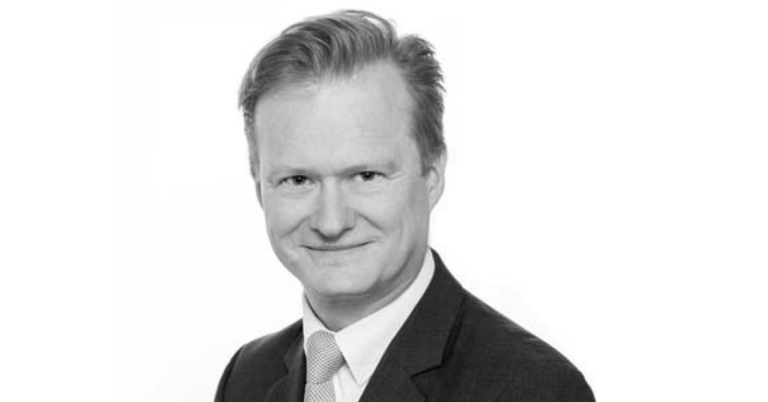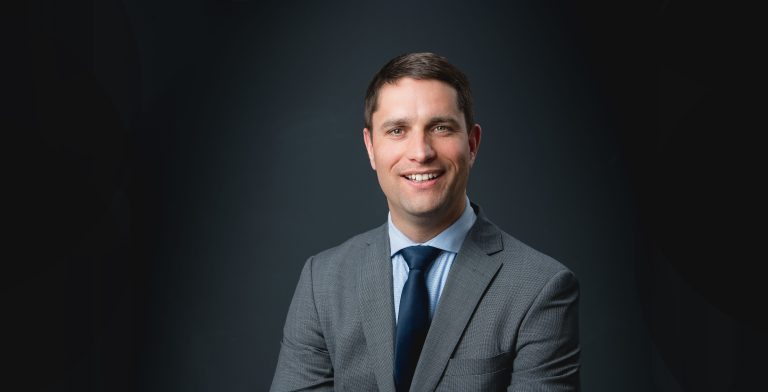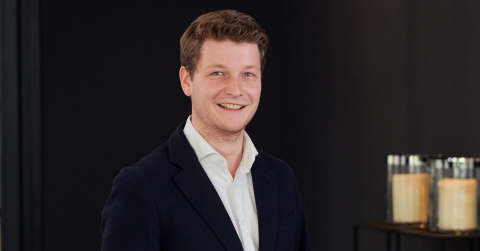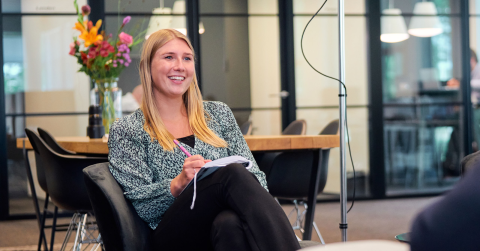
PETER BREWEE: “ITDS PEOPLE MAKE THEMSELVES DISPENSIBLE, WHICH MAKES THEM INDISPENSABLE”

“ITDS consultants distinguish themselves by making sure that in the long term they will no longer be needed. In other words, and as strange as it sounds, by making themselves surplus to requirements. This is why we use them regularly; they help to grow the organisation.” The words are those of Peter Brewee, Chief Risk Officer (CRO) at Nationale Nederlanden Schade & Inkomen. “I think we share the same philosophy, even when it comes to selecting the right people.”
When asked about what he has with ITDS, Peter says: “Nothing and everything. For me, a company’s name is irrelevant. What matters are its people, the bond I develop with them and the experiences I acquire throughout the relationship. Nothing more, nothing less. Being Flemish, I attach great store in relationships, long-term relationships. And to respect. To trust. And give-and-take. I hate the smash-and-grab nature of short-term profit. Fact is: ITDS can deliver quality. They support you in the area of manpower as well as expertise; they keep a keen eye on the future and they help you along the path to something new. You get to the point where you realise you are getting more. They don’t sell consultancy for the sake of selling consultancy. There’s nothing hard-sell about ITDS.”
Own team first
When prompted about the highlights of this collaboration with ITDS, Peter smiles and jests that it all starts with the foreplay. Continuing on more serious note, he adds: “My principle has always been that I don’t want outsiders in the company. And when I tell them this, they usually look a bit taken aback. What I want to bring in is knowledge, skills and capacity. In principle, I don’t want to be dependent on consultants; I want my own team. And that team must be strong enough and equipped with the necessary brainpower to solve the complex issues we face as a company. I want my own people to do the fun stuff, not rely on consultants. But, while those are the principles I live by, sometimes you need knowledge and skills that you don’t have, because it’s impossible to have everything in-house. That’s when you have to go elsewhere. Sometimes temporarily, just to keep the momentum going.”
Brains and passion
Peter is convinced that ITDS is very selective when it comes to choosing the right people, with paper qualifications playing a subordinate role to personality, mental capacity, and the ability to be critical. “That’s also my philosophy. At university they put you through your paces on several elementary aspects. That’s OK, but it’s the beginning really. It’s all about people who dare to step up to the plate and say: I want to learn and absorb a lot, and I’m willing to invest a great deal in return. People who inject passion into the implementation of a project and become part of the team from day one, even if they are outsiders. Those are the kind of people I want. Apparently, ITDS systematically screens the market in search of individuals like these. They are more than just additional capacity, they can be found anywhere. ITDS people have brains and the kind of qualities that add critical capacity. They don’t come cheap, but you certainly get value for money.”
“ITDS people have brains and the kind of qualities that add critical capacity”
The legacy of legacy
According to Peter, in the risk market there are so many issues that have to be take into account. “One of the most important of these is how to unlock the data we already have so that it can be used in fundamental business processes, such as pricing, marketing, product development and good risk management. That data will typically be fragmented randomly across old systems, sometimes up to 35 of them, all with different codes. To generate a single, uniform report can take several weeks. And it shouldn’t be like that. Therein lies the challenge. How can you deploy AI to analyse data that’s been gathering dust, as it were, so that your products can be tailored to what your customers want? And then price them appropriately too.”
Today’s market is populated by customers who have been weaned on smartphones, reasons Peter. Whatever they want to do must be achievable in one click, two at the most. If it takes longer, they’ll just swipe away. You have to present things to that kind of customer as simply as possible. “I believe Dutch footballer Johan Cruijff once said that while football is simple, it’s difficult to play simple football. We have the same problem. You can make a design very simple, but the engineering behind it will be completely different. It’s therefore inevitable that you will need young people and new technology to address this situation. And there’s also quite a lot of history to overcome too.”
The best part of any journey
Drawing a parallel with travel, Peter compares it to making a journey. A journey depends on the moments you experience along the way, because you know that interesting things will happen. Once you’ve arrived, the fun element will largely be gone. He reckons the best part of any journey is the planning. Not the arrival, because that signals the end. “A favourite German saying of mine roughly translates to: ‘It’s in the anticipation that you’ll find the greatest joy’ and that’s something I can really relate to. I don’t stimulate employees with the promise of rewarding success with promotion. That doesn’t work and it can lead to disappointment. I know too many people who want to be managers purely because of the status and higher salary. But at the end of the day, they just burn out because they are just not suited to the position. Youngsters tend to think they’ve succeeded in life once they’ve made manager. But the lesson here is that you shouldn’t chase status. Believe in your work; it has to be in your DNA. Do it with your heart and soul because it must be driven by passion. Then, it’ll no longer be what you do; it will be who you are.”





